I can say I’ve been through one of the most intense periods of my life recently. And one of the many I want to remember, so I learn with my mistakes.
In 2011 I entered into a post-graduation program here in my town, aiming to become a full-fledged researcher, and hence a prominent candidate to be a college professor (the teaching career that best pays in the country). That is, pretty much, an obvious choice for someone who has done else in life than studying. I have engaged in other activities – such as cooking, photography, playing an instrument, drawing, writing a book – but I have never put enough effort into any of those so they would be valid choices for my future. I went along the beaten path.
I only discovered video games when I was 16 – yes, I am a late bloomer. I am from the NES generation, but I actually have never had one. Neither a SNES. My first console was a PS2 and my first game was Wild Arms 3, which I kindly borrowed from my boyfriend (we’re married now). And, at that time, games were basically “it” for me: there wasn’t anything in this world that I liked more than video games.
I was lucky enough to find a college professor that would accept my ideas about studying games for an academic research. Not that is was something new; it was something unusual for that institution. I was the first person to study video games and literature in that post-graduation course, and I represented a sort of mindset-shift in that area.
However, the closer I got into the research, the farther I got from games. Taking part in the scholar circle and doing a proper research is difficult: you have to not only understand what other people wrote about your object, but also understand what you want with the research; and then put everything together in a specific academic language, to show that you are really of scientific merits.
During my presence in the post-graduation program, I have learn many important things. One of them is that there is absolutely no honor in academic research here: people do it because they’ve run out of options in their lives; no one really cares about what you think and write: as long as you don’t say they are wrong, they don’t really put too much thought into it; these two factors are enough to make this career not-rewarding.
Also, I have been in contact with people that suffered a lot through this ordeal. People getting sick, entering a depressive state, having their scholarships cancelled for no apparent reason, being bullied by other colleagues that think they know better, being reject by their own supervisor, travelling 800km just to get a dirty certificate.
In the end, I told myself that I have been through enough. Having taken part in this post-graduation thingy has made dry of creative ideas: it caused me to stop drawing and writing. And then I realized that, although I research games, I never got to play them. I exchanged playing games for a career that I had no guarantee of accomplishing. In order to be a college professor here, you need not only a PhD – which can only be accomplished after master’s -, but also to wait for a vacancy. I can become a college professor now or when I am 50. There is no indication or guarantee of when this is going to happen.

So, at the moment I finished writing my dissertation, I decided to replay Hotel Dusk until the end – I never got to properly finish it. In the game, Kyle Hyde is an ex-cop, and he seems to show the burden of not being one anymore. However, although he lost his swag and now he is only an door-to-door salesman, he seems to have clear in mind the things he really wants. He seems to be free, unconstrained. Exactly how I feel now. I went back on drawing, writing, and I am making a point-and-click adventure. I don’t have more backaches or headaches, I am sleeping properly and I have managed to go back to cooking decent meals again.
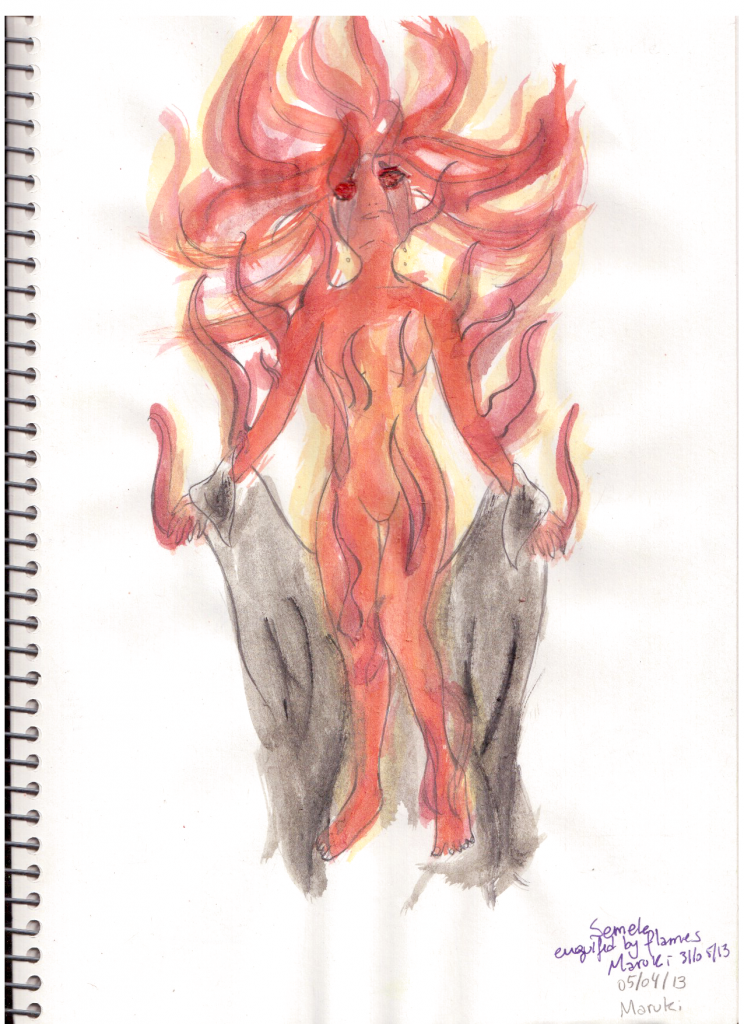
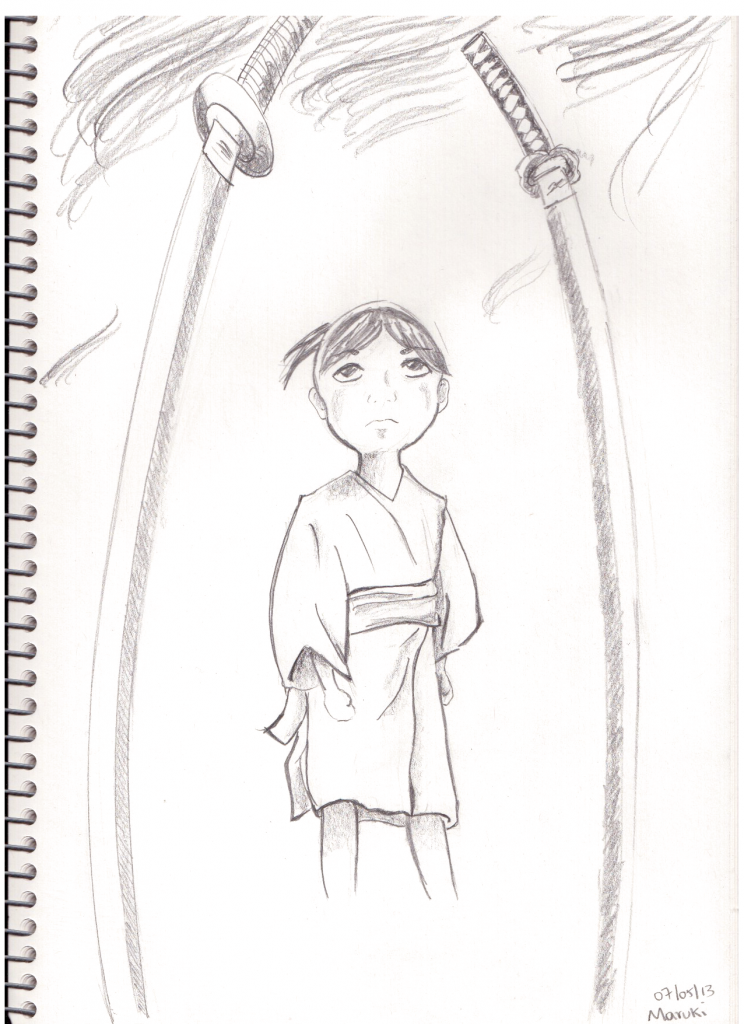

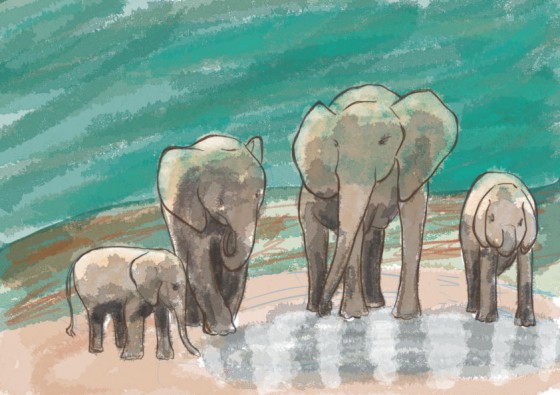
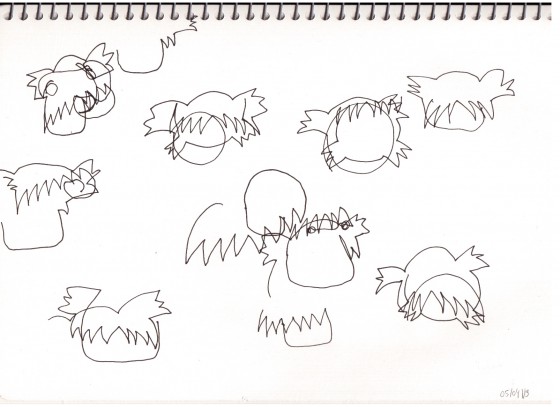
I know the life of a game designer is not the easiest, and that I have to face many encounters ahead, but, at least, I am closer to games than I have ever been.
-Maruki

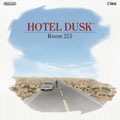 I Finished “Hotel Dusk”
I Finished “Hotel Dusk” The development of a blog
The development of a blog 33 Left Hand Stories in 33 Days Postmortem
33 Left Hand Stories in 33 Days Postmortem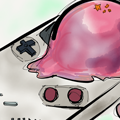 100 Days of /r/SketchDaily
100 Days of /r/SketchDaily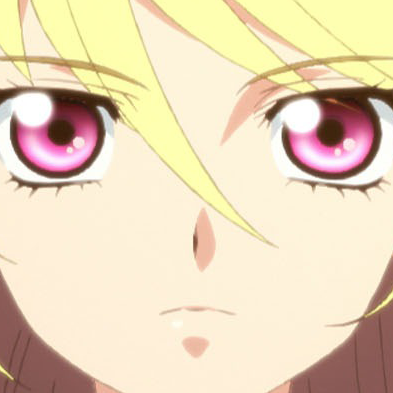 Tales of Deception
Tales of Deception Dec 29th, Aoi’s diary single page
Dec 29th, Aoi’s diary single page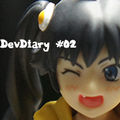 SuperSugoiSoftStudios DevDiary #02: Building the Storyline
SuperSugoiSoftStudios DevDiary #02: Building the Storyline